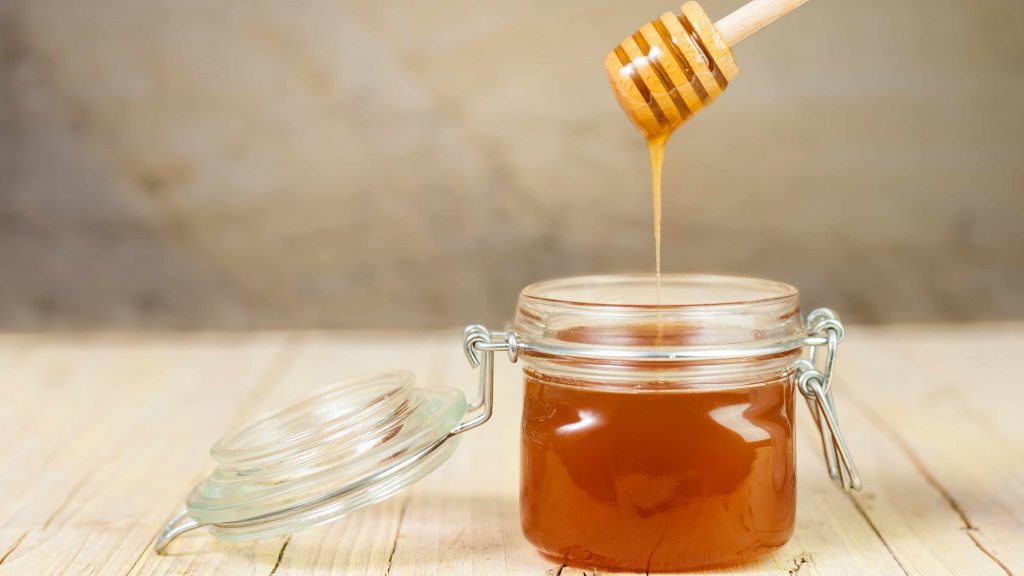-
Featured News

DEAR MAYO CLINIC: My family’s colds are still lingering from the winter season, and I can’t seem to kick this pesky cough. I’ve heard honey can help. Is it true?
ANSWER: While we make think of honey as a pantry staple and natural sweetener for our morning tea or breakfast pastry, honey has long been used as an anti-inflammatory and antibacterial substance. Topical use of honey can aid in healing burns, and research says that honey can even help specific conditions such as reducing the risk of heart disease, relieving gastrointestinal tract conditions such as diarrhea, preventing memory disorders and even acting as an antidepressant with anti-anxiety benefits.
So, is this sticky liquid as beneficial for coughs?
There are a lot of different reasons why we think honey helps. Mainly, it helps soothe the throat. As we swallow and the honey moves down the throat, it can help coat some of the receptors that can trigger the cough. Some honey has been shown to be more effective than over-the-counter cough medications.
Studies suggest that honey can act as a reliable cough suppressant for some people struggling with upper respiratory infections and nighttime coughing. Honey is made of mostly sugar, but also contains a mix of vitamins, minerals, iron, zinc, antioxidants and amino acids. Although there are over 300 different varieties of honey varying in flavor and color, the honey you have in your pantry will do the trick.
Honey has been shown to be effective and safe for both adults and children ages 1 and above. For young children, it’s usually recommended that you start with half a teaspoon to a teaspoon in some type of warm liquid. As they get older and they’re able to swallow the honey more easily, you can give it to them directly on a teaspoon. You can do about a teaspoon every two hours, which is the same dose for adults as well. Keep in mind that honey will affect your blood sugar levels just as sugar does, so use it in moderation.
One of the reasons why infants should not have honey is the risk of botulism. Botulism is a rare but serious form of food poisoning. The condition can occur when bacteria grow in the baby’s intestines. It typically occurs in babies between the ages of 2 months and 8 months. In rare cases, this form of intestinal botulism also affects adults. Symptoms of botulism can include trouble swallowing or speaking, dry mouth, blurred or double vision, drooping eyelids, trouble breathing, nausea, vomiting, facial weakness on both sides of the face, and paralysis. Symptoms can sometimes be life-threatening.
Unpasteurized honey puts younger children at higher risk for botulism. If you choose to use honey for cough suppression, we recommend that you use pasteurized honey to make sure that it’s free of any kind of contaminants that could potentially affect you or your child. A bad cough can be really disruptive and get in the way of life, sleep, work and school. Honey can help. Feel better! — Angela Mattke, M.D., Pediatric and Adolescent Medicine, Mayo Clinic, Rochester, Minnesota
